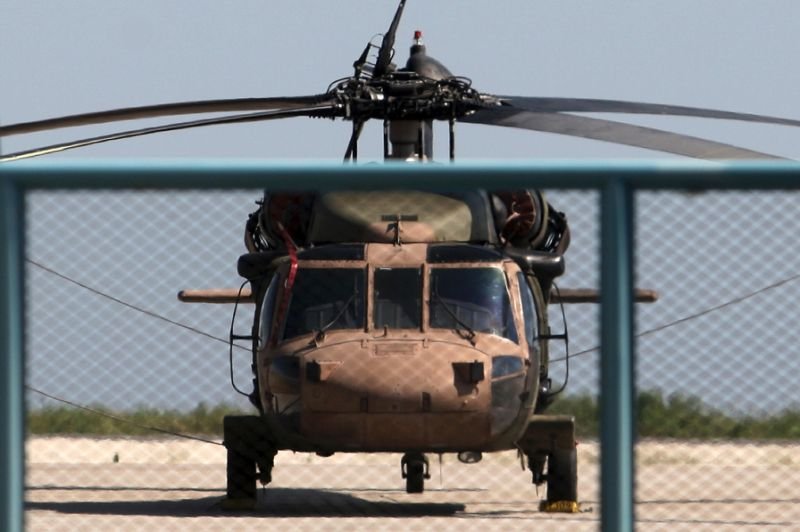Ankara 30 Dec 2017 (Anadolu/AFP)
The Foreign Ministry has criticized the decision of a Greek committee to grant asylum to one of the eight coup plotters who fled to Greece after taking part in last year’s defeated coup in Turkey.
In a written statement released Saturday, the ministry said: “Greece, who granted asylum to one of the eight coup plotters who participated in the July 15 coup bid, has once again revealed through this decision that it is a country that protects and embraces plotters.”
It also criticized Greece for not supporting or cooperating with Turkey as one would expect from an ally in the fight against terrorism and crimes.
“This decision, which we consider as a political motive, will undoubtedly have effects on our bilateral relations with Greece and our joint regional efforts,” the statement also read.
According to a ruling by the third Independent Secondary Asylum Committee, Suleyman Ozkaynakci, the co-pilot of the helicopter that was used to flee Turkey, had been granted asylum on the basis that there was allegedly no proof that he participated in the coup bid.
The other former Turkish servicemen have not been granted asylum and are currently being held by Greek authorities until the committee makes a ruling regarding them.
The coup plotters had arrived in Alexandroupolis, Greece, aboard a military helicopter hours after the defeated coup in July 15, 2016.
Turkish Justice Ministry has since sent several extradition requests for the former officers.
On Jan. 26, 2017, the Greek Supreme Court decided not to extradite the officers to Turkey. Turkish Foreign Ministry had called the decision “politically motivated”.
The issue was also discussed when Turkish President Recep Tayyip Erdogan made an official visit to Greece on Dec. 7, 2017.
Fetullah Terrorist Organization (FETO) and its U.S.-based leader Fetullah Gulen orchestrated the defeated coup on July 15, 2016, which left 250 people martyred and nearly 2,200 injured.
Ankara also accuses FETO of being behind a long-running campaign to overthrow the state through the infiltration of Turkish institutions, particularly the military, police, and judiciary.

Comments
Comments are closed.